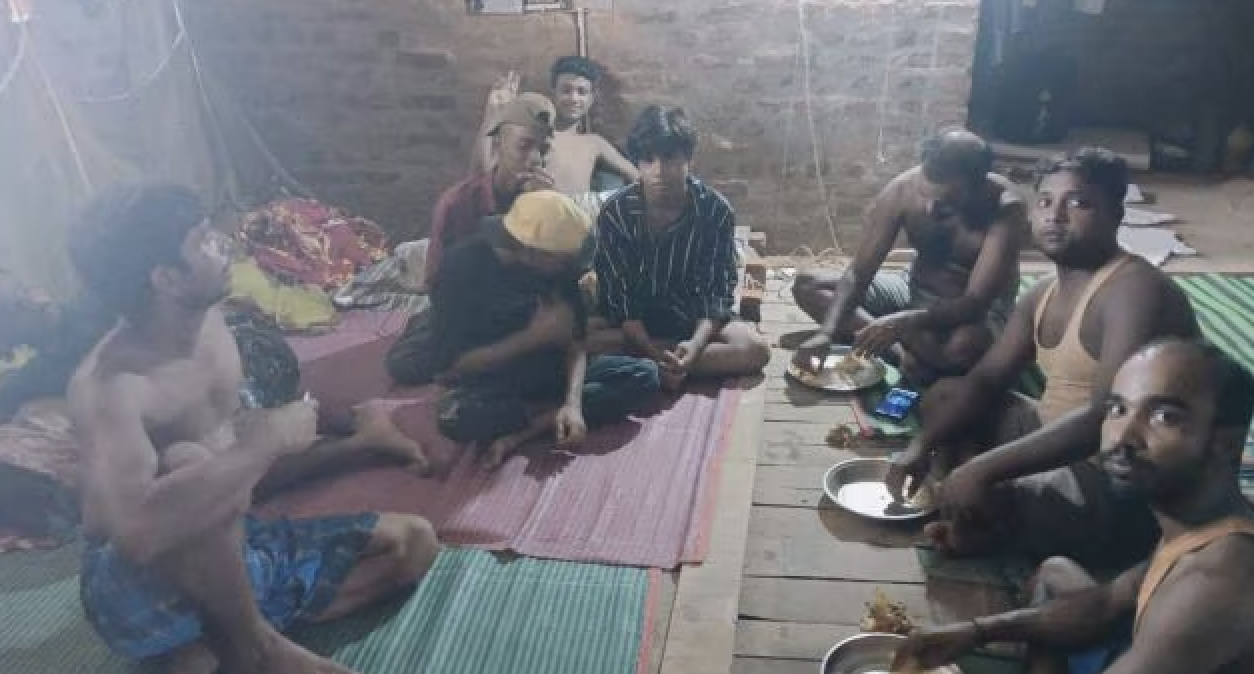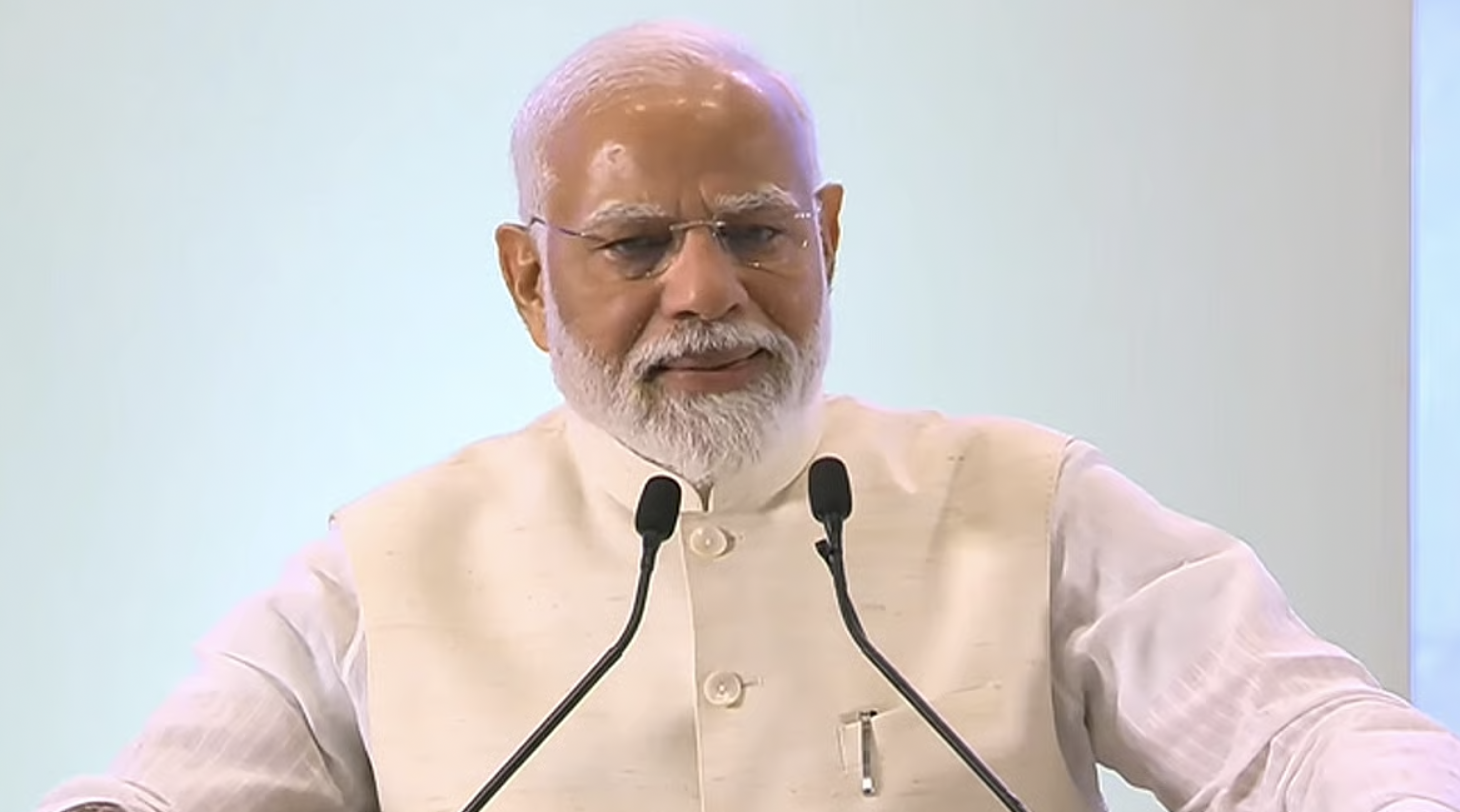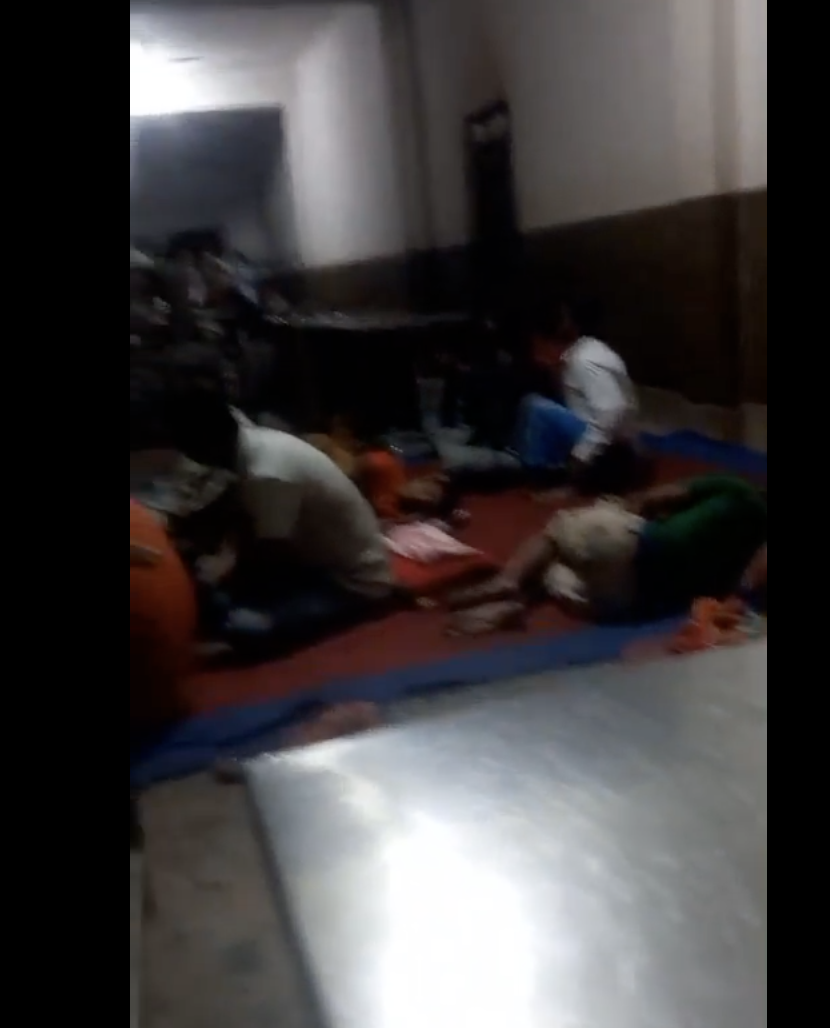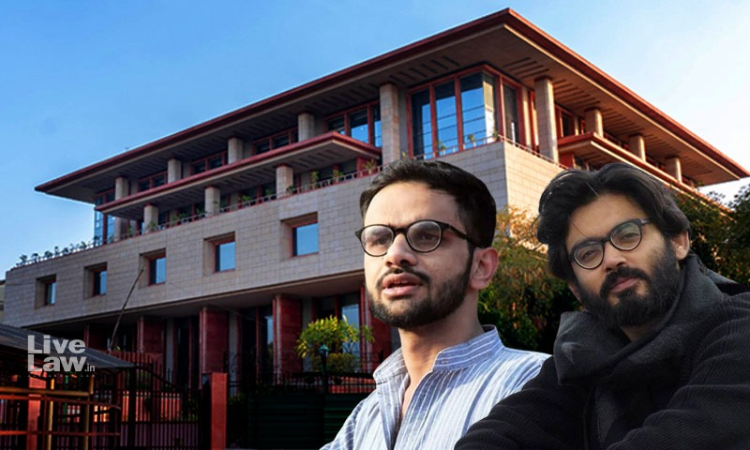
By BHADRA SINHA
New Delhi: Justice M.S. Liberhan, who headed the commission set up to look into events leading to the demolition of Babri Masjid on 6 December 1992 and also the lapses on the part of the then state government, maintained there was a “conspiracy” to pull down the mosque.
This conclusion, he said, was drawn after the commission examined over 100 witnesses, the leaders present on the dais — including L.K. Advani and Murli Manohar Joshi — and newspaper clippings.
Justice Liberhan, however, refused to comment on the special CBI court’s 30 September verdict acquitting all 32 accused in the case.
Speaking to ThePrint, Justice Liberhan said, “I got no commentary to make on the trial court judgment. We are two separate identities. Our perception on the same facts may differ. But I stand by my report that said there was a ‘civil conspiracy’ to pull down the mosque.”
In its judgment, the Lucknow trial court held that the allegations of criminal conspiracy to demolish the mosque remained unsubstantiated, holding media reports and video footage as “unreliable” evidence.
As for statements given by journalists, the judge said they were incoherent and contradictory, refusing to treat them as conclusive proof to make a conviction.
What the Liberhan Commission found
Then a sitting judge of the Punjab and Haryana High Court, Justice Liberhan was appointed to head the commission, constituted by the P.V. Narasimha Rao government in 1992 following the demolition. The commission took 17 long years to submit its report to the Union government in 2009.
The enquiry commission had held that the destruction was a result of a “planned conspiracy” by leaders of the Rashtriya Swayamsevak Sangh, Bharatiya Janata Party and other members of the Sangh Parivar.
Sixty-eight individuals, including Advani, Joshi, Uma Bharti, Sadhvi Rithambara, Kalyan Singh, Kalraj Mishra, Vinay Katiyar and Ashok Singhal among others, were pronounced guilty of “inciting communal discord”, leading to the demolition.
“It is established that the events of and leading up to the 6th of December 1992… were tainted by a joint conspiratorial enterprise. A handful of malevolent leaders unabashedly invoked the name of the paragon of tolerance to turn peaceful communities into intolerant hordes,” the report had stated.
‘Presence at site made it obvious demolition was planned’
Although Justice Liberhan refrained from speaking on the merits of the judgment, he expressed a different opinion on the evidence submitted in court.
Unlike the trial court, the Liberhan Commission had accepted the newspapers and video footage placed as evidence against the BJP leaders.
“These reports were never denied, not even by the accused. Newspapers and video footage were examined along with other evidence tabled before the Commission. And, since there was no denial, it was admitted as evidence to prove conspiracy charges,” he said.
The commission had also recorded statements of witnesses as well as the accused.
“The accused did not admit (to) the conspiracy and planning. However, they admitted being part of the gathering and their presence at the site while the demolition was on. The facts and circumstances, along with the admission of the accused to their presence at the spot made it too obvious that it was pre-planned,” the former judge said.
Constant sloganeering by the leaders — such as “Ek dhakka aur do Babri masjid tod do” (Give it another tug and break down the mosque) — was also part of the evidence appreciated to conclude there was civil conspiracy and that the demolition was planned, he added.
‘Misfortune that trial progressed at snail’s pace’
Of the evidence presented, one new piece of information that came to light in the trial court, Justice Liberhan said, was the intelligence inputs about the involvement of Pakistani agencies.
“I learnt about it for the first time after this verdict was delivered. There was no mention about such intelligence inputs before the commission,” he said.
He even recalled a newspaper report in the Indian Telegraph that talked about a meeting of the leaders — present at the site — at the RSS headquarters. “They were not there to have a tea-party. Also, this report was never countered by anyone then,” he said.
It was a misfortune that the trial progressed at a snail’s pace, the judge added, saying, “Everyone from high court to Supreme Court intervened … that delayed the trial considerably.”
This story was first appeared on theprint.in






